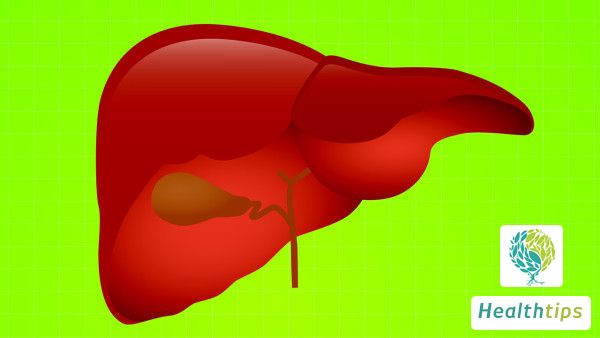Currently, there is no definitive data indicating the survival duration of patients with liver cirrhosis. However, based on clinical experience, if active treatment is received and the condition remains stable, it generally does not affect life expectancy. Liver cirrhosis is a chronic and progressive liver disease that clinically manifests as symptoms such as ascites, splenomegaly, and discomfort, accompanied by portal hypertension and liver function impairment. Its etiology is related to viral hepatitis, such as hepatitis B virus infection or hepatitis C virus infection, and may also be caused by alcohol poisoning due to long-term heavy drinking. Autoimmune diseases can also induce the occurrence of this disease. For patients with the above conditions, it is recommended to promptly seek medical attention and complete relevant examinations, including blood routine tests, coagulation tests, abdominal B-ultrasound, and other relevant auxiliary examinations. After that, doctors will formulate targeted treatment plans. Typically, medications can be used to control disease progression. Commonly used medications include antiviral drugs such as Ribavirin Granules and Entecavir Tablets. Additionally, patients can follow doctor's instructions to use liver-protecting drugs like Compound Glycyrrhizin Capsules and Human Interferon α1b for Injection to improve liver cell damage. If conservative treatment proves ineffective, surgical options such as Transjugular Intrahepatic Portosystemic Shunt (TIPS) or Orthotopic Liver Transplantation (OLT) can be considered to alleviate symptoms. In daily life, maintaining good habits is essential, avoiding excessive fatigue and staying up late to prevent exacerbation of the existing condition. Diet should be light and easy to digest, with a focus on fresh fruits and vegetables to supplement the body's nutritional needs.





















